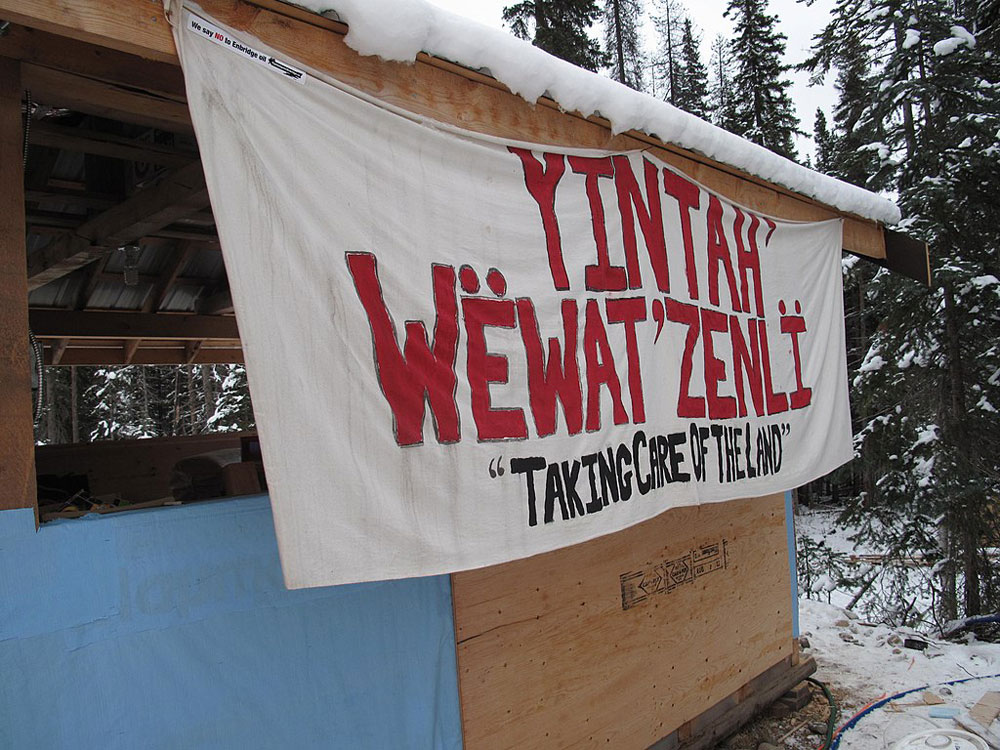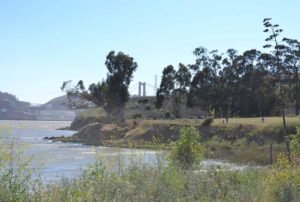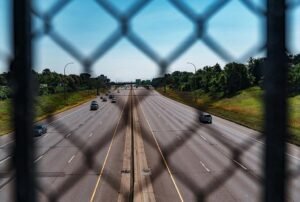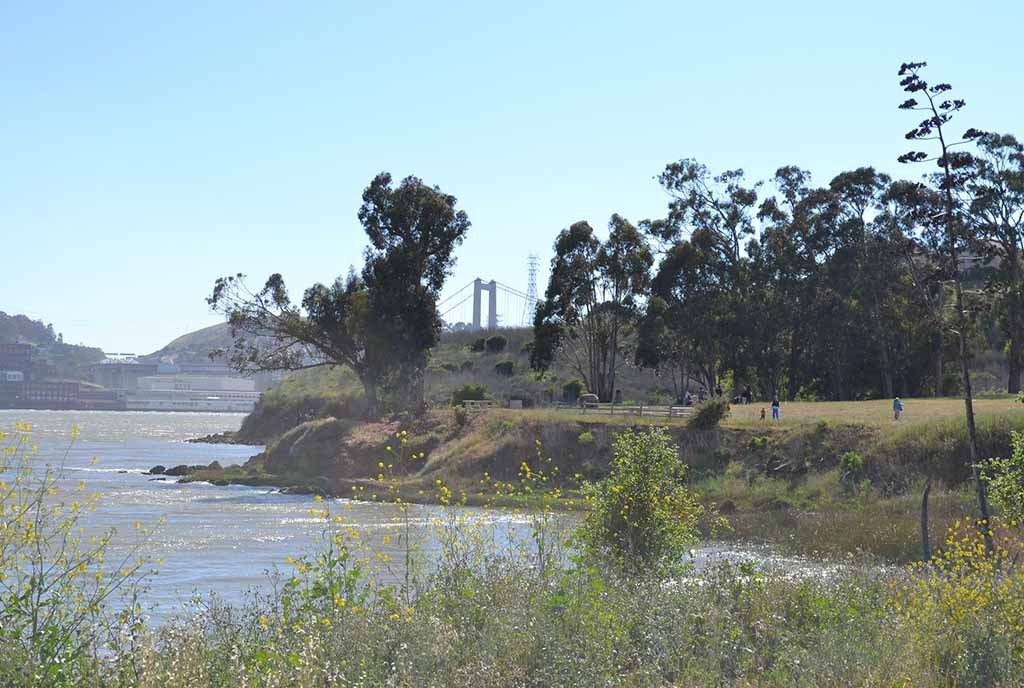
January 5, 2020; The Tyee
Indigenous people and their supporters celebrated this weekend in Canada, even if only briefly. After a year-long standoff, First Nations Wet’suwet’en hereditary chiefs ordered pipeline workers from Coastal GasLink off their territory—and they went.
“Coastal GasLink contractors are off our yintah!” tweeted the official account of the Gidemt’en Checkpoint. “Our Dinï ze’ and Tsakë ze’ stand strong and will need continued support. Light your sacred fires.”
The Unist’ot’en Camp added, “All CGL workers have now been peacefully evicted from Unist’ot’en & Gidimt’en territories. Under the authority of Wet’suwet’en law and of the hereditary chiefs of all five clans, we are standing up for the last of our lands and we need you to stand with us.” (The Wet’suwet’en nation comprises five clans: Gilseyhu, Likhts’amisyu, Laksilyu, Tsayu, Gidimt’en.)
Let’s back up a bit: Coast GasLink (CGL), a project of the TransCanada corporation, wants to build a 670-kilometer pipeline to supply natural gas to the British Columbia coast. The planned route goes through several First Nations territories, including the Wet’suwet’en. CGL got approval from clans’ elected representatives, but by Wet’suwet’en law, those elected officials didn’t have authority to sign over territory rights; that belongs to their hereditary chiefs, all of whom oppose the pipeline. The Wet’suwet’en built checkpoints to guard their lands, but CGL got an injunction protecting their workers’ access to the land, and the Royal Canadian Mounted Police staged a brutal raid last year to break up the access barriers. The Wet’suwet’en and CGL have been in a tense standoff ever since.
It’s a rich and complicated story, and Amanda Follett Hosgood, who is living on Wet’suwet’en territory and reporting from the checkpoints, has created a helpful timeline for The Tyee.
Last week, the British Columbia Supreme Court upheld CGL’s injunction over an appeal filed last year. Over the weekend, the hereditary chiefs ordered CGL off their lands—lands that, as they have repeatedly pointed out, were never ceded to the Canadian government and are therefore sovereign. CGL has declared they will be back and will complete the pipeline as planned.
This is a delicate movement for the British Columbian government. In October, they passed Bill 41, becoming the first Canadian province to recognize the United Nations Declaration on the Rights of Indigenous Peoples. The legislation recognizes tribal governments and acknowledges they must be treated with as sovereign.
Sheryl Lightfoot, an associate professor of First Nations and Indigenous studies at the University of British Columbia and the Canadian research chair of global Indigenous rights and politics, spoke to the Star extensively about the situation. She said that BC would be one of the first governments to attempt a legal framework that balance settler and indigenous governance systems.
“[Hereditary chiefs’] responsibilities extend beyond time,” Lightfoot explained. “They are responsible to the ancestors as well as to future generations. It’s a very different way of thinking than Western legal jurisdiction.”
She described a “global and disturbing” pattern of Western governments resorting to violence to resolve disputes with indigenous and First Nations groups. In fact, the Guardian reported in December that prior to their raid, RCMP had been instructed to “use as much violence…as you want,” including lethal force. (No one was killed, but 14 people were arrested.)
Sign up for our free newsletters
Subscribe to NPQ's newsletters to have our top stories delivered directly to your inbox.
By signing up, you agree to our privacy policy and terms of use, and to receive messages from NPQ and our partners.
Just think about that for a second: Police were authorized to kill indigenous people on their own sovereign territory to clear the way for a giant corporation to build a gas pipeline.
Both the Wet’suwet’en chiefs and Coastal GasLink have issued statements on the situation, which Interior News has helpfully published in full.
The Wet’suwet’en Hereditary Chiefs wrote,
Coastal Gaslink has violated the Wet’suwet’en law of trespass, and has bulldozed through our territories, destroyed our archaeological sites, and occupied our land with industrial man-camps. Private security firms and RCMP have continually interfered with the constitutionally protected rights of Wet’suwet’en people to access our lands for hunting, trapping, and ceremony.
[…]
Anuc ‘nu’at’en (Wet’suwet’en law) is not a “belief” or a “point of view”. It is a way of sustainably managing our territories and relations with one another and the world around us, and it has worked for millennia to keep our territories intact. Our law is central to our identity. The ongoing criminalization of our laws by Canada’s courts and industrial police is an attempt at genocide, an attempt to extinguish Wet’suwet’en identity itself.
Coastal GasLink wrote, “We are disappointed that after nearly a year of successful joint implementation of the Access Agreement the Unist’ot’en has decided to terminate it…We have reached out to better understand their reasons.”
All parties recognize that the dispute is ongoing. On Monday, the United Nations Committee on the Elimination of Racial Discrimination urged Canada to halt construction on three resource projects, including the CGL pipeline, until legitimate approval was obtained from First Nations. Lauren Cane of The Canadian Press wrote, “The right to ‘free, prior and informed consent’ to resource projects is part of the UN Declaration on the Rights of Indigenous Peoples (UNDRIP), which Canada has adopted but has not incorporated into law.”
Rallies were organized in Toronto as the Wet’suwet’en called for a week of solidarity actions to mark the anniversary of the RCMP raid. Activists visited executive offices, calling on companies to drop investments in the pipeline.
The Gidemt’en Checkpoint tweeted, “The Wet’suwet’en have never given up and we never will. Rise up our brothers and sisters and live your laws too. We believe in you. We are all the answer to our ancestors’ prayers.”—Erin Rubin













